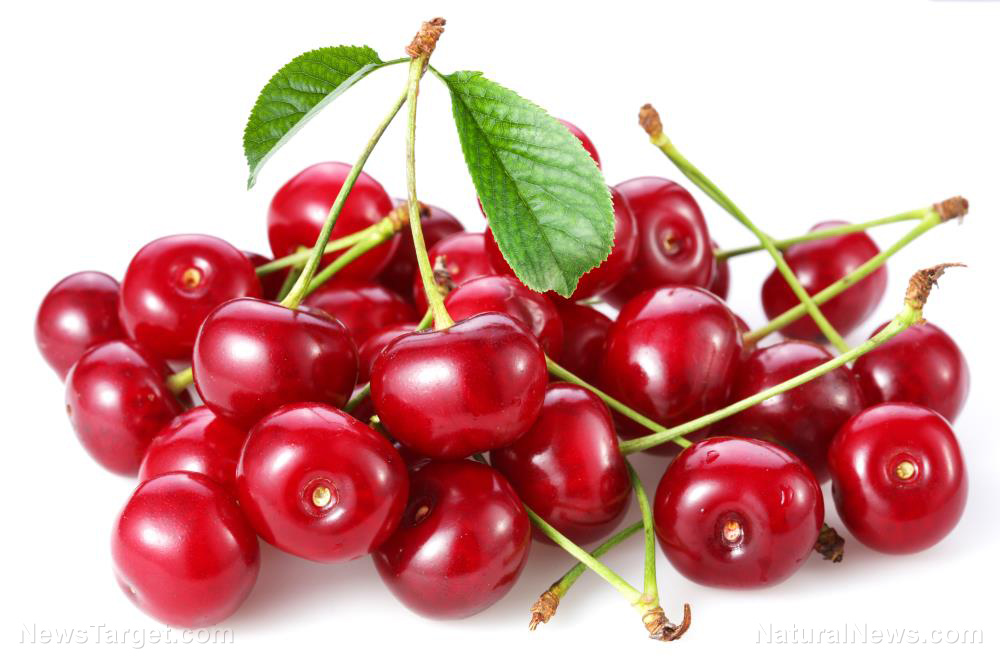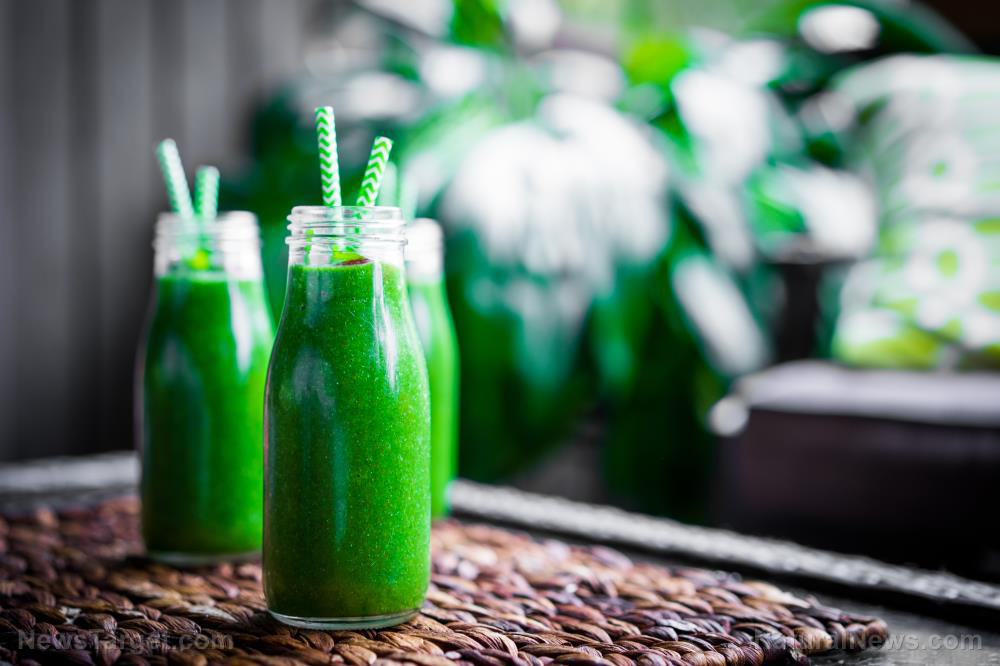RESEARCH: Just a handful of blueberries a day can help improve brain function and lower blood pressure
06/27/2023 / By Ethan Huff

New research from King’s Faculty of Life Sciences and Medicine has found that eating a handful of blueberries every day – preferably wild, organic, or strictly pesticide-free blueberries – is enough to lower blood pressure and boost memory and brain cognition.
Published in the American Journal of Clinical Nutrition (AJCN), the paper, which was contributed to by researchers from the University of Reading in the United Kingdom, involved a randomized, double blind, placebo-controlled trial of 61 healthy men and women between the ages of 65 and 90 who were given either a daily beverage made with 26 grams of freeze-dried wild blueberry powder, the equivalent of about 178 grams of whole blueberries, or a placebo.
Over 12 weeks, researchers evaluated the health of both groups, discovering that the wild blueberry group experienced better memory; an improved reaction time on attention tasks; and lowered blood pressure.
Compared to the placebo group, the wild blueberry group also saw increased flow mediated dilation (FMD), which is linked to a substantially decreased risk of cardiovascular disease.
“This study is the first of its kind and the results suggest that a daily intake of wild blueberries could help lower people’s risk of cardiovascular disease by lowering their blood pressure and improving blood vessel function,” said Dr. Ana Rodriguez-Mateos, one of the study’s authors.
“We know from previous research that there are potential advantages from consuming blueberries, but this study went further by exploring how a daily and dietary achievable measure of blueberries could benefit our cognitive and cardiovascular health simultaneously in a healthy older population.”
(Related: In case you missed it, check out our earlier story about how super-antioxidant N-acetylcysteine [NAC] can help to rid the body of toxic mRNA poisons from COVID jabs.)
Anthocyanins, the pigments that give blueberries their blue and purple color, believed to boost cognitive function and vascular health
Researchers believe that a key component in blueberries called anthocyanins, which give them their blue and purple pigment, are among the primary constituents in blueberries that make them a type of “superfood” offering these powerful benefits.
“We think the blue pigments in blueberries, the anthocyanins, which are a type of polyphenols also present in other foods such as strawberries, raspberries, red grapes and purple vegetables, are behind these effects as increases in their metabolites were seen in the urine of the volunteers after 12 weeks consumption,” Rodriguez-Mateos further commented.
Prof. Claire Williams, Chair of the Neuroscience Department at the University of Reading, also commented that it is clear from the study that wild blueberries are beneficial both for cognitive function and vascular health.
“The group who had the wild blueberry powder showed signs of better memory and greater mental flexibility when completing cognitive tasks,” she said. “This is consistent with what we already know about the health benefits of anthocyanin-rich foods. It points to an important role of polyphenols in healthy aging.”
The study was, in fact, funded by the Wild Blueberry Association of North America. So, while the paper is not necessarily without bias, it does support the findings of many other studies looking at anthocyanins and other berry nutritional components that support strong and vibrant health.
“I eat a minimum of 4 oz. of blueberries daily 365 days a year,” one commenter wrote about how blueberries are already part of his daily health regimen.
“My wife and I have them every day with a banana, OJ and yoghurt,” wrote another.
“I have blueberries in my oatmeal every morning along with cinnamon,” added another about how he chooses to eat his blueberries and other health foods for breakfast.
Learn more about how healthy nutrition can boost health at NaturalHealth.news.
Sources for this article include:
Submit a correction >>
Tagged Under:
antiaging, blood pressure, Blueberries, brain function, brain health, food cures, food is medicine, food science, fruits, heart health, natural cures, natural health, natural medicine, organics, prevention, research, Study
This article may contain statements that reflect the opinion of the author
RECENT NEWS & ARTICLES
BrainFunction.News is a fact-based public education website published by Brain Function News Features, LLC.
All content copyright © 2018 by Brain Function News Features, LLC.
Contact Us with Tips or Corrections
All trademarks, registered trademarks and servicemarks mentioned on this site are the property of their respective owners.




















